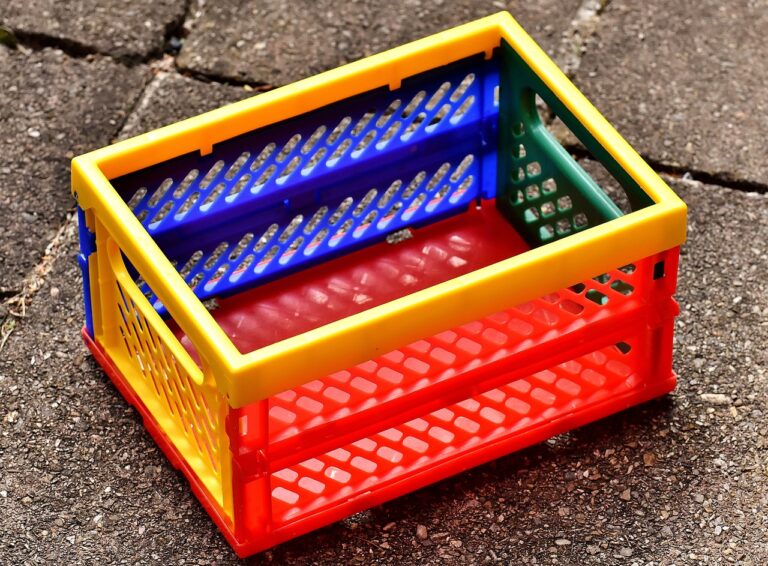The Psychology of Baby-Led Weaning: Empowering Independence: Bet book 250.com, 11xplay online, Yolo 247 login
bet book 250.com, 11xplay online, yolo 247 login: The psychology of baby-led weaning is a fascinating topic that delves into the importance of empowering independence in our little ones. Baby-led weaning is a feeding approach that allows babies to self-feed solid foods right from the start, skipping purees and spoon-feeding altogether. This method is not only beneficial for the physical development of babies but also has a profound impact on their psychological growth. Let’s explore how baby-led weaning empowers independence and nurtures a healthy relationship with food.
Encouraging Autonomy
One of the key psychological benefits of baby-led weaning is that it encourages autonomy in babies. By allowing them to explore and choose the foods they want to eat, babies learn to listen to their hunger cues and develop a sense of control over their eating habits. This sense of autonomy is crucial for building confidence and independence from a young age.
Promoting Self-Regulation
Baby-led weaning also promotes self-regulation in babies. By giving them the freedom to decide how much and what to eat, babies learn to eat according to their own appetite and internal cues. This helps prevent overeating and lays the foundation for a healthy relationship with food as they grow older.
Developing Fine Motor Skills
Another psychological benefit of baby-led weaning is the development of fine motor skills. Babies who self-feed from an early age learn to grasp and manipulate food, improving their hand-eye coordination and dexterity. This hands-on approach to eating fosters a sense of curiosity and exploration, which are essential for cognitive development.
Building Confidence and Independence
As babies navigate the world of solid foods on their own terms, they build confidence and independence in their abilities. The sense of accomplishment they feel when successfully feeding themselves boosts their self-esteem and motivates them to explore new foods and textures. This empowerment sets the stage for a positive relationship with food and a willingness to try new things as they grow.
Cultivating Healthy Eating Habits
By allowing babies to take the lead in feeding themselves, parents can help instill healthy eating habits that last a lifetime. Baby-led weaning encourages a diverse diet rich in fruits, vegetables, and whole grains, setting the stage for a nutritious diet in the future. This approach also teaches babies to eat mindfully and savor their food, leading to a healthier relationship with food in the long run.
FAQs:
Q: When can I start baby-led weaning?
A: Most babies can start baby-led weaning around six months of age when they show signs of readiness, such as sitting up unassisted and showing interest in food.
Q: Is baby-led weaning safe?
A: Baby-led weaning is generally considered safe as long as you follow safety guidelines, such as offering age-appropriate foods, supervising your baby closely, and avoiding choking hazards.
Q: What are some good first foods for baby-led weaning?
A: Soft, easy-to-grasp foods like avocado slices, steamed carrots, and banana spears are great options for baby-led weaning.
Q: How can I encourage my baby to self-feed?
A: Offer a variety of finger foods in a safe and supportive environment, allow your baby to explore and experiment with food at their own pace, and praise their efforts along the way.
In conclusion, the psychology of baby-led weaning highlights the importance of empowering independence in babies from a young age. By allowing them to self-feed and make their own food choices, we nurture their autonomy, self-regulation, fine motor skills, confidence, and healthy eating habits. This approach not only sets the stage for a positive relationship with food but also fosters a sense of empowerment that can benefit babies throughout their lives. So go ahead and embrace baby-led weaning as a way to support your little one’s psychological growth and development.







